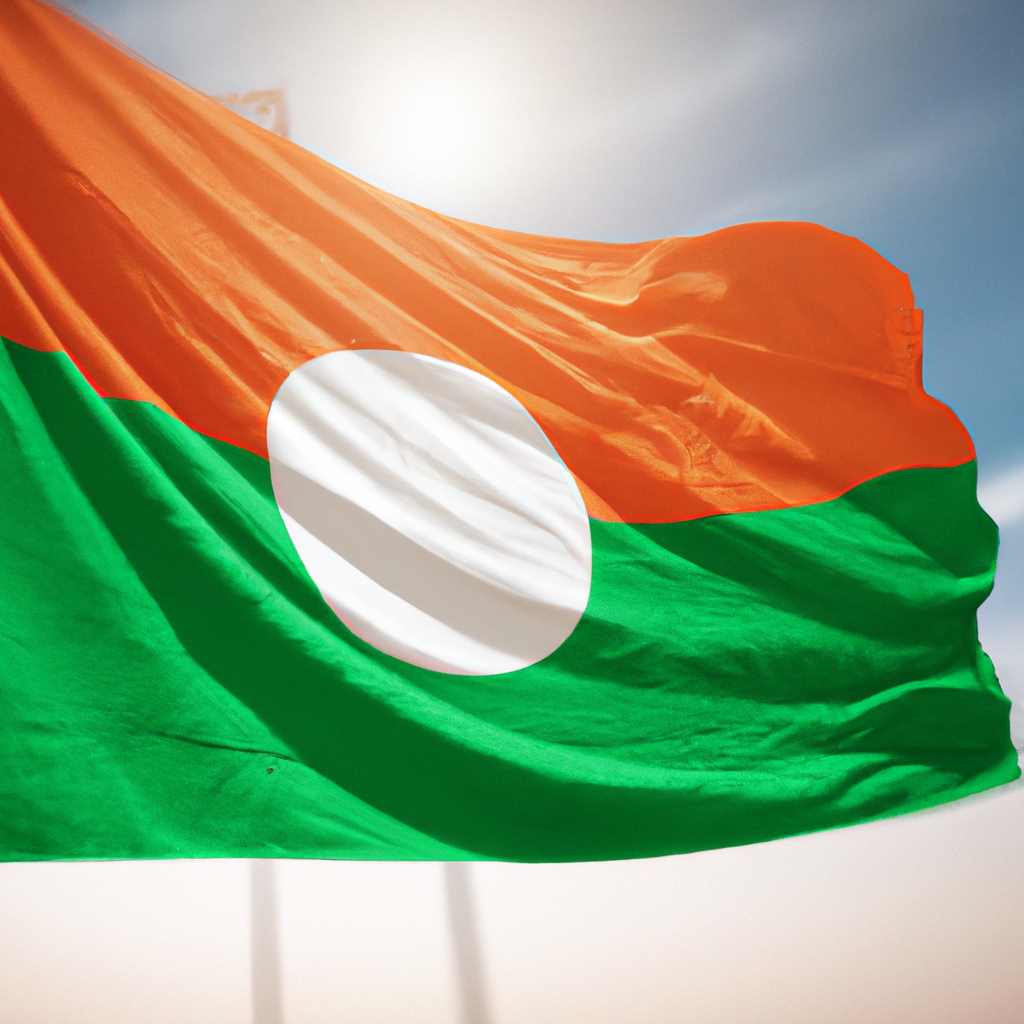Legal counsels representing the opposition in the contentious aftermath of Nigeria’s presidential election have voiced their disappointment following the Supreme Court verdict that upheld the victory of Bola Tinubu. The ruling was seen as a severe blow to the aggrieved parties, Peter Obi and Atiku Abubakar who ran third and second, respectively, in the race, and had brought forward a legal challenge citing electoral irregularities.
Central to the grumblings of the lawyers is the claim that the highest court in the land did not provide adequate time for their clients to produce crucial evidence considered pertinent to their petition, a development they feel infringes on the conventions of the judicial process.
Kenneth Okonkwo, representing the Labour Party and Peter Obi, expressed his dissatisfaction with the legal proceedings. “I disagree with the court ruling, because the order of the court is the order of the court. If the court has issued an order instructing a witness not to present new facts, if you did not affirm to it or present it in your account, then you’re not permitted. However, if you outlined it, the court must not deny people from presenting or producing evidence after twenty-one days. It becomes challenging to acquire evidence of an adversary within twenty-one days without a court order,” Mr. Okonkwo opined.
Both Mr. Abubakar and Mr. Obi had taken to the courts to contest the results of the February vote, attributing their loss to inconsistencies in the electoral process. Their challenge was not only on flawed procedural grounds but also focused on individuals, in particular, the eligibility of Mr. Bola Tinubu to run for the presidency.
Despite their efforts, their appeals were regarded as lacking in merit by a panel of seven judges from the Supreme Court, who found no substantial basis to substantiate the allegations of fraud, electoral law breaches, or the questioned eligibility of Mr. Tinubu to participate in the race for the presidency. Thus, the election result was confirmed, and Mr. Tinubu’s victory affirmed.
The ruling has brought the legal process surrounding the contentious election to a close, affirming the victory of Bola Tinubu, and leaving the opposition to bear not only their political loss but also a perceived slight against their right to a fair and thorough legal process.
The fallout from the court’s decision has not only been felt in the political arena but has sent ripples throughout the Nigerian legal fraternity, raising questions about the integrity of the judicial process and the checks and balances in place to ensure transparency and fairness in the Nigerian electoral system.
The legal fraternity’s dissatisfaction with the process, centring around Mr. Okonkwo’s claims relating to the restrictions placed on producing fresh evidence, has indirect implications for Nigeria’s democratic process, raising concerns over the judiciary’s role and potential influences on major electoral decisions.
While the dismissal of the legal challenge brought by the opposition marks an end to one chapter in this saga, it is clear that the discourse surrounding Nigeria’s presidential elections is far from over, with court ruling likely to remain a contentious issue in Nigerian politics and law for the foreseeable future.
The case has underscored not only the high stakes involved in Nigeria’s political struggle but also the lengths that parties are willing to go to challenge election results, calling into focus the country’s legal process and the potential for its manipulation in service of political ends. It is a twist of events that will remain firmly etched in the annals of Nigeria’s political history, leaving a profound marker on the country’s political and legal landscape.






